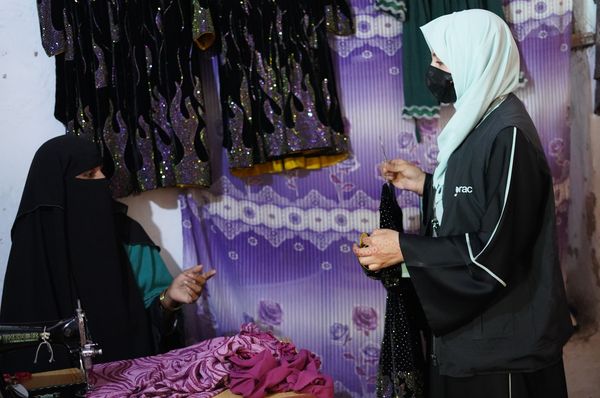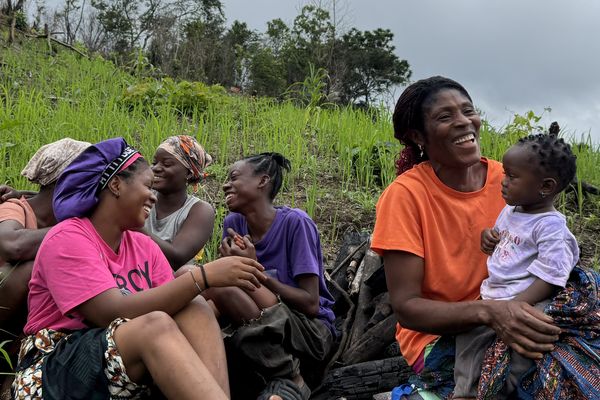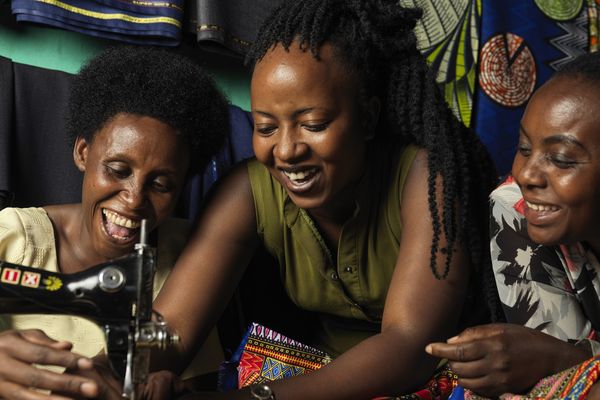BRAC in Afghanistan wrapped up two long running projects earlier in October of this year - the Afghan Women’s Sustainable Progress in Resilience and Economic Empowerment (ASPIRE), funded by UN Women and Afghan Girls’ Education in Conflict and Fragility (AGE) project, funded by Global Affairs Canada.
While global economies were coping in a post-pandemic world, Afghanistan was undergoing major political and regime shifts. In that period of global and national uncertainty, the ASPIRE and AGE projects were designed to meet the growingly complex needs of the women and girls of Afghanistan. With over two decades of experience on the ground, BRAC in Afghanistan facilitated the delivery of effective solutions by taking on the role of overseeing the design and execution of the projects, strategic planning, training, field monitoring and coordination with stakeholders. BRAC also equipped participants with the resources they needed to better their lives.
The ASPIRE project launched in November of 2022, worked with women aged 18–47. This also included women facing internal displacement and returnees from Pakistan. Aimed to build sustainable pathways into livelihoods, the project supported 1,150 women and their families across six provinces, including over 800 women returnees in Jalalabad and Laghman.
Through livelihood training, mentoring on financial literacy, business development tools women rebuilt and strengthened their livelihoods. They built small businesses in areas like livestock, poultry, and tailoring— and continue to train other women in their communities. The project also strengthened local women-led NGOs, such as OHAD, by improving systems in finance, procurement, and documentation, ensuring accountability and long-term impact.
The AGE Project reached approximately 35,000 children and trained over 1,000 all-women teachers from communities in 5 regions across 10 provinces over the span of five years. Launched in 2020 to address gaps in education for Afghan girls and boys, particularly those who had no access to public schools or lived far from formal learning centers, the project focused on ensuring continuity of learning where formal schooling was disrupted.
BRAC later set up after-school learning centres, with support from a local NGO and implementing partner—WDIO in Kabul, Parwan, Balkh, and Samangan for students aged 7-15 years old. These centres blend traditional academics with the modern educational needs of today— offering academic support, life skills, digital literacy, and psychosocial care all within safe and well-equipped classrooms. 3,800 students across the country attended these learning centres. All 38 centers are now run by the local communities who share the commitment to the continuity of learning opportunities for the children.
With the completion of these projects, BRAC in Afghanistan extends deep appreciation for all members of the staff, teachers, community mobilisers, and partners whose constant dedication made these outcomes possible.



